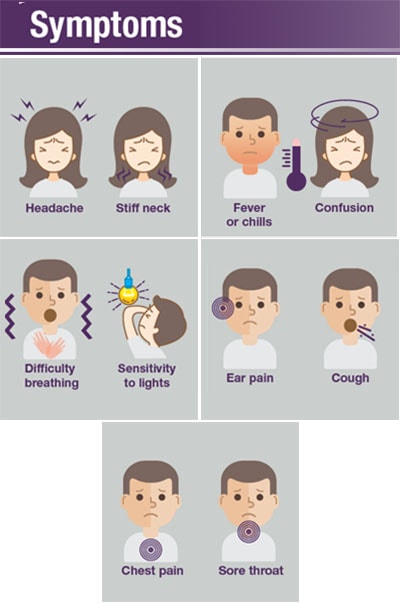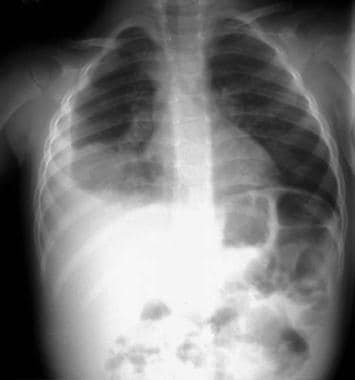

Integrating acupuncture for the management of costochondritis in adolescents. Malignant pleural mesothelioma: incidence, etiology, diagnosis, treatment, and occupational health.

Neumann V, Löseke S, Nowak D, Herth FJ, Tannapfel A. Associates and predictors of pleurisy or pericarditis in SLE.

National Heart, Lung, and Blood Institute. Diagnosis and management of esophageal chest pain. Chest pain in patients with COPD: The fascia's subtle silence. Getting the right treatment will help you feel better more quickly.Bordoni B, Marelli F, Morabito B, Castagna R. If you have pneumonia signs or symptoms, don’t wait too long before you contact your doctor. Most over-the-counter medications should work, but your doctor may recommend specific medications. Pain reliever/fever reducer to help bring down your fever and pain symptoms.Cough medicine to help reduce coughing and allow for more rest.More than one type of antibiotic may be needed to treat your pneumonia. Antibiotics, which target and treat bacterial infections.However, your doctor may choose to hospitalize you if you’re risks of getting worse are high or your symptoms are severe. In most cases, you can be treated at home. Once you’ve been diagnosed, your doctor can begin treating your pneumonia. Pulse oximetry, which measures the oxygen level in your blood.A sputum test that takes a sample of fluid from your lungs after a deep cough.A chest x-ray, which will help your doctor determine where your infection is located and how bad it is.To diagnose pneumonia your doctor may perform: Thankfully, your doctor should have a better idea. You might have a difficult time determining if you have a simple cough or if you have pneumonia. If you’re at risk, contact your doctor right away if you start showing symptoms of pneumonia. Individuals undergoing chemotherapy or taking medications that suppress the immune system.Individuals with weakened immune systems.Persistent cough (especially if you cough up mucus or pus)Īlthough pneumonia is dangerous for anyone, it can be deadly for:.Symptoms are similar to bacterial pneumonia but may also include headaches, extreme fatigue, or decreased appetite. Many viruses can lead to pneumonia, including the flu virus or RSV. These diseases don’t respond to antibiotics and treatment is usually helpful, although anti-virals may be required. Chest pain when you breathe deeply or cough.Dry cough that’s persistent and typically gets worse at night.If you have walking pneumonia, your symptoms will be mild and you’ll probably function normally. Walking pneumonia usually indicates a more mild pneumonia caused by a bacteria called mycoplasma pneumoniae. Cough that produces discolored mucus and continues to get worse.If you have bacterial pneumonia, your symptoms will be more serious and noticeable than non-bacterial pneumonia.

A bacterial infection often follows a viral infection that causes a cold or the flu. Bacterial Pheumoniaīacterial pneumonia is the most common type of pneumonia. There are several types of pneumonia, but the most common include bacterial and non-bacterial. Pneumonia symptoms and their severity vary depending on the type of pneumonia you have.


 0 kommentar(er)
0 kommentar(er)
